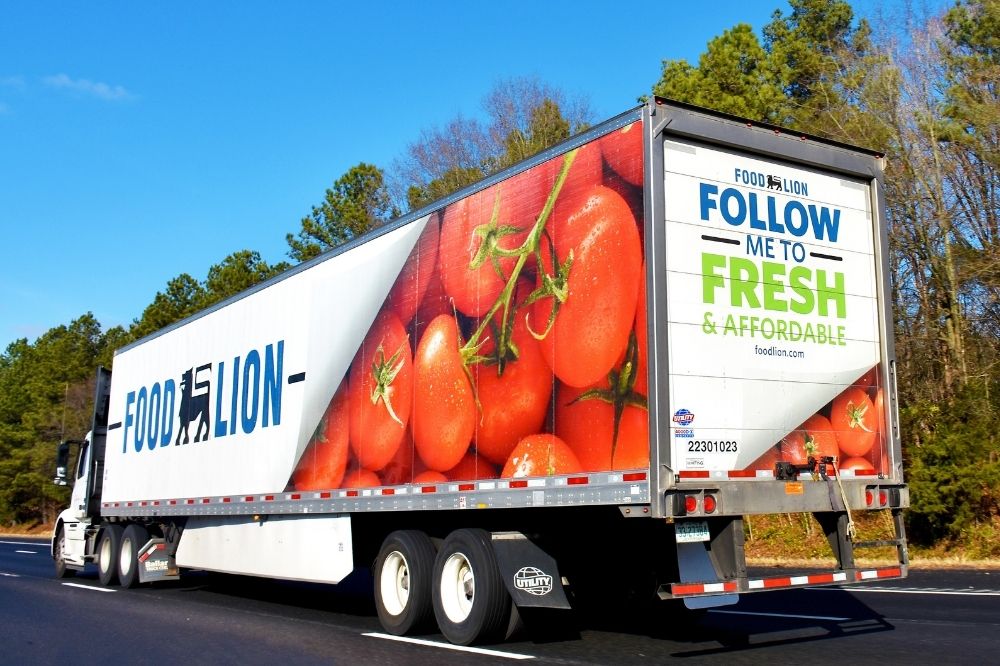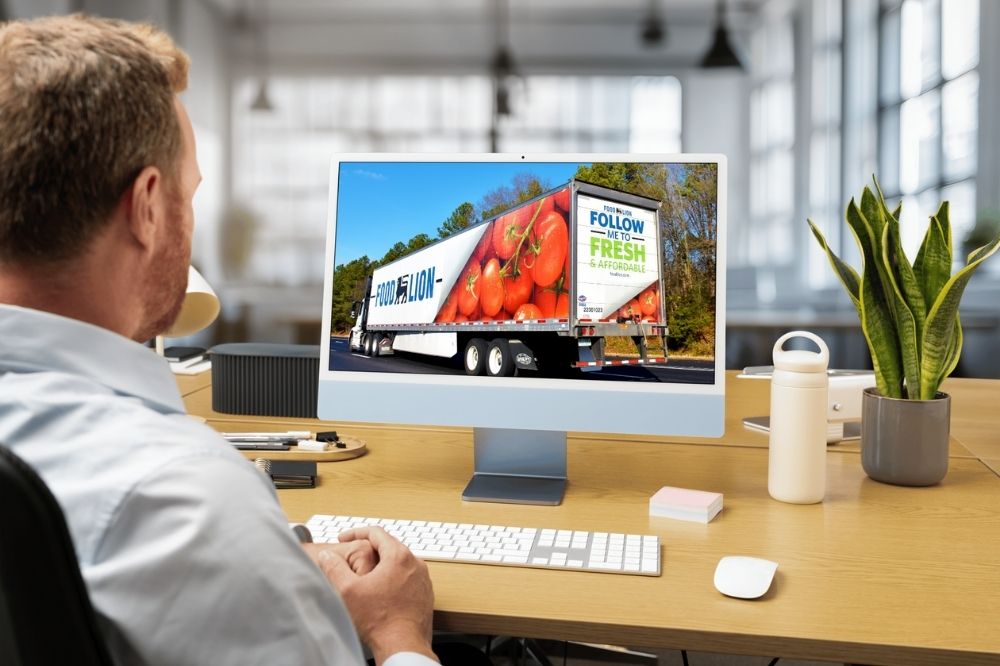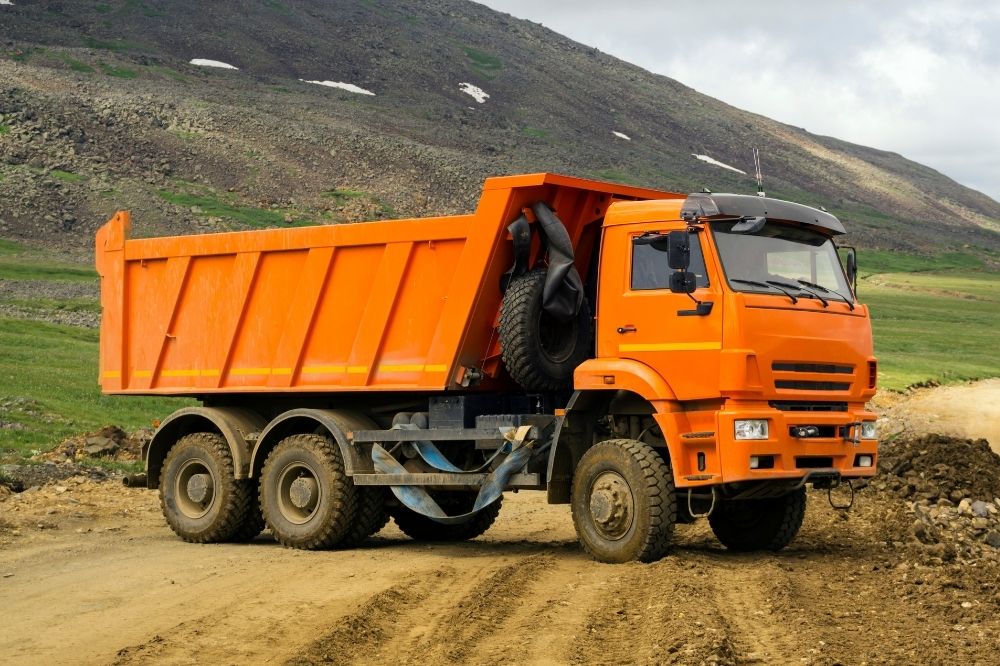
Marketing in the trucking industry isn’t what it used to be. Traditional semi truck marketing strategies alone won’t cut it in 2025.
With digital advancements and changing customer expectations, trucking companies need to embrace innovative ways to stay ahead and hit business goals. From online marketing to the latest cutting edge technology and software, the right approach will drive more leads, target audience visibility, and business growth.
Ready to significantly enhance your business presence? Here’s what you need to know about marketing as a semi-truck operator.
The Shift from Traditional to Digital Marketing
The trucking industry has long relied on traditional marketing methods like print ads, radio spots, and direct mail. While these methods once dominated, they’re now a thing of the past.
If you’re not actively marketing your business online, you need to be.
The right online platforms give trucking companies the ability to reach a broader audience, engage directly with potential clients, and track marketing performance with real-time data.
For trucking companies used to traditional marketing, transitioning to digital can be challenging. The shift requires new skills, tools, and strategies. Some common hurdles include:
- Learning how to use digital advertising platforms like Google Ads and Facebook Ads
- Understanding search engine optimization (SEO) and how to rank higher in online searches
- Developing engaging content for social media and email campaigns
- Tracking and analyzing digital marketing metrics
While these challenges exist, businesses that invest in digital marketing can seriously boost their visibility, build a stronger brand presence, generate more leads, and engage customers more effectively.
Here are some of the key opportunities to take advantage of.
Importance of a Robust Company Website and SEO
Your trucking company’s website is its digital storefront.
A professional, well-optimized site builds credibility, attracts potential customers, and serves as the foundation for your other digital marketing efforts.

When developing your website, you need to include these key features:
- Service descriptions: Clearly outline the transport services you offer
- Contact forms: Make it easy for potential clients to reach out
- Customer testimonials: Build trust by showcasing positive feedback
- Easy navigation and mobile optimization: Ensure the site loads quickly and is user-friendly on all devices
And don’t forget about SEO best practices. This is how customers will organically find you online.
To rank higher in search results and attract more traffic, trucking businesses should focus on:
- Targeting relevant keywords: Use terms like “long-haul trucking services” or “reliable freight solutions” to attract relevant search queries.
- Local SEO: Optimize your site for regional searches by creating a strong Google Business Profile and using location-specific keywords.
- Regular blogging: Publishing industry-related content boosts organic traffic and establishes authority.
Using Email Marketing Effectively
Email marketing is one of the most cost-effective ways to stay in touch with clients, nurture leads, and drive repeat business.
It helps trucking companies remain top-of-mind while providing valuable updates and promotions.
To create engaging email campaigns, make sure you focus on personalization. Use recipients’ names and tailor content to their specific needs, and only send relevant messages to your leads (segmentation of your email list helps here).
Always include a strong call-to-action (CTA) in your emails to encourage actions like requesting a quote, scheduling a call, or visiting your website.
It’s also important to send at a balanced frequency. Don’t overwhelm your recipients by sending too many emails.
Social Media Management Best Practices
Of course, social media is an essential part of building your brand presence online. Here are some key platforms to focus on:
- Facebook: Great for community engagement and sharing company updates
- Instagram: Ideal for posting fleet photos, driver stories, and behind-the-scenes content (like your dog companion)
- TikTok: Short-form videos showcasing trucking life can attract a younger audience
- LinkedIn: Helps build B2B connections and establish industry credibility

Regular posting and engaging on your socials is key to growing a following and increasing brand awareness.
Trucking companies should create a content calendar to stay consistent and interact with their audience to build stronger connections.
Benefits of Mobile Advertising
People use their phones more than ever to search for services, compare options, and make purchasing decisions. Around 64% of search queries come from mobile, instead of desktop.
So, trucking businesses need a strong mobile presence to ensure potential clients can find and engage with your company easily.
A mobile-friendly website is essential.
It should load quickly, be easy to navigate, and work well on any device.
A mobile inventory showroom allows customers to browse trucks and trailers with high-quality images, clear descriptions, and pricing details.
Lead capture forms should be simple and mobile-friendly to collect potential client information.
Strategic Use of Semi-Truck Wraps
While online advertising is crucial, you can still make the most of the offline world. Wrapping your semi-truck is one of the easiest and most effective ways.
Unlike digital ads that require ongoing spending, a wrap is a one-time cost that lasts for years, making it a budget-friendly way to promote your brand.
With a large trailer space, a well-designed wrap grabs attention on the road. Bold colors, clear branding, and strong messaging turn your trucks into moving billboards that work 24/7.
Customer Relationship Management (CRM) Systems
A CRM system helps trucking businesses manage customer relationships by organizing all client data in one place. It improves communication, boosts customer retention, and makes it easier to track interactions.
One major benefit of a good CRM is automation. It can send follow-up emails, schedule reminders, and keep leads from falling through the cracks.
It also tracks leads and conversions, helping you see what’s working and where to improve.

Personalization is another advantage. A CRM system stores customer preferences and past interactions, so you can tailor your communications and build stronger relationships.
Popular CRM tools like HubSpot, Zoho CRM, and Salesforce offer powerful features for managing contacts, automating tasks, and growing your trucking business.
Marketing Automation Software
Marketing automation saves time and keeps your business consistently engaged with leads.
It helps trucking companies stay in touch with potential customers without manual effort.
Email campaigns can be automated to send follow-ups, promotions, and updates at the right time. Social media scheduling tools allow you to plan posts, ensuring a steady online presence.
Lead nurturing workflows guide prospects through the sales process, increasing conversions.
Tools like Mailchimp, ActiveCampaign, and Pardot make automation easy.
Future Trends in Semi-Truck Marketing
In terms of trends, a major area is video marketing–which is becoming essential for businesses.
Social platforms have a strong focus on video and help trucking businesses connect with customers through engaging content. Things like fleet showcases, driver testimonials, and behind-the-scenes footage can build trust and boost brand awareness.
AI is changing how companies market their services. It helps personalize ads, emails, and recommendations based on customer preferences. This makes marketing efforts more effective and increases conversion rates.
Of course, it can also save time and effort.
Sustainability messaging is also on the rise. Customers and businesses are looking for eco-friendly solutions. Promoting fuel-efficient fleets and green initiatives can help your trucking company stand out from competitors.
Interactive experiences like virtual fleet tours or augmented reality ads also offer a new way to engage potential clients.
Conclusion
The right marketing strategy can set your trucking business apart.
By embracing digital tools, automation, and mobile-friendly solutions, you’ll attract more leads and grow your brand. Adapt to new trends, keep your digital presence active, and you’ll stay ahead of the competition.
Need financing for your fleet? Get in touch with us at Mission Financial Services to get started.



























